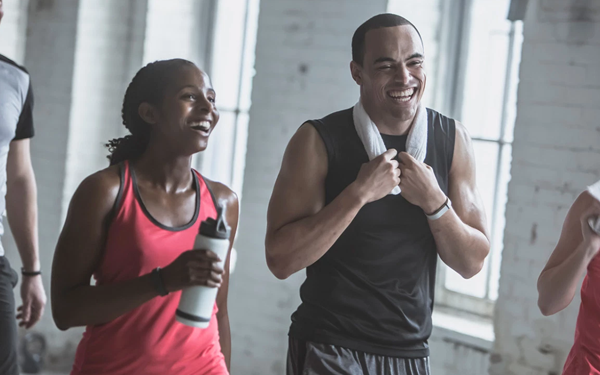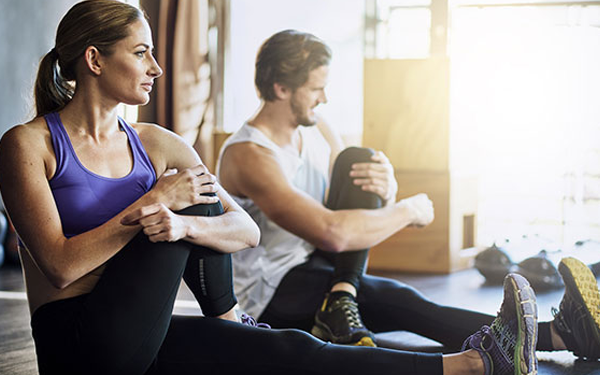
Effects of CBD in Post-Workout and Muscle Recovery
According to HealthDay News, Cannabidiol (CBD) has become the hot new product in states that have legalized medical marijuana. The non-intoxicating marijuana extract is being credited with helping treat a host of medical problems — everything from epileptic seizures to anxiety to sleeplessness and a lot more. While those seem like potentially huge breakthroughs, CBD is also said to help with the smaller stuff, like helping you recover faster from workouts, thanks to its anti-inflammatory properties.
No matter how fit you are, some workouts can leave you sore for days. This is because working out causes microscopic damage to muscle fibers. Those muscles then become inflamed, which triggers the body to respond and repair, causing muscle soreness or stiffness.
Can CBD really help fight post-workout inflammation?
Tara Laferrara a former sprinter and a NASM certified personal trainer was introduced to CBD via friends in the fitness industry who tried it after cannabis was legalized in Colorado in 2014. Now, she’s a devoted user. “It basically manages and prevents my joint inflammation, that aching feeling, that I’d get after a heavy lift day,” she says.
CBD products are largely in demand for the past year, with a lot of anecdotal (and some scientific) evidence to back it up. There are many benefits of CBD that have yet to be confirmed through research, especially in regards to exercise. But there are several testimonials released publicly that attest to how CBD helps reduce inflammation in the body and help improve pain and mobility and even muscle recovery.
When CBD oil is consumed, it can help maintain the balance of cortisol levels in the body. Cortisol is a hormone that reduces protein synthesis and actively prevents tissue growth. Pre- and post-workout CBD oil supplements can balance cortisol levels to let you optimize results from your workout. CBD oil’s stimulating effects can provide all the energy-boosting benefits and mobility and recovery benefits without the jitters.
How should I use CBD for recovery?
Broadly speaking, CBD does decrease inflammation when it’s rubbed on muscles as an ointment or taken orally. Beyond CBD oils and tinctures, CBD is often sold in infused balms, lotions, capsules, edibles, vape pens, and more. Basically, you just need to decide if you’d like to ingest it or rub it on for relief.
CBD is proven to be pretty safe and also effective – the most severe of reported side effects are relatively benign issues like fatigue. There’s also nothing to suggest it can be addictive, as per the World Health Organization reports. But you’re mostly on your own to determine exactly how much CBD you should take to feel its effects. CBD is a subjective chemical that reacts differently in everybody if you use CBD oil for recovery, and once you feel the desired effect, you won’t have to up the dose and stick to your usual CBD recovery regimen.
To sum it up
If your doctor says it’s okay and you’re in full volition to try CBD instead of the traditional anti-inflammatories, then go for it! Try it for a few weeks while testing the delivery method and dose to find what works best for you. Next thing you know, you could be recovering faster from your workout and have one less excuse to skip your gym day.
In general, there’s still more work to be done in determining conclusive effects of CBD in post-workout and muscle recovery, but in the states that have medical marijuana programs, an increasing number of patients who tried using CBD for recovery, have shared (though anecdotal in nature), their personal experiences that seem largely positive.
In the end, we need to learn more about CBD workout and muscle recovery, but surely, as research continues along these lines, this could become another tool for taking on muscles issues.













